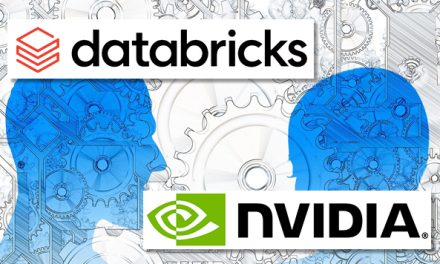In 2023, the buzzword of the year might very well be “AI” – Artificial Intelligence. Although AI is not a new concept and has long been a staple in science fiction, it has recently exploded in popularity and functionality.
Innovations like ChatGPT, Google Barg, and Meta Llama 2 have made it a part of our daily lives. With AI’s increasing impact on society, culture, jobs, and the future, governments worldwide are grappling with the pivotal question:
Should they regulate AI? In this article, we explore the pros and cons of government intervention in the world of AI.
The Big Debate: Should AI be Regulated?
In Washington, a fierce battle is raging, with tech giants like Google and Microsoft advocating for AI regulation. One argument against this move is that it may stifle competition, as it could lead to the exclusion of open-source AI, effectively limiting the field to big corporations. Proponents of this stance worry that if open AI were banned, it would curtail access to AI for everyone, which might have detrimental consequences for society.
On the flip side, there’s a valid concern that AI, if unregulated, could be used for malicious purposes, such as guiding individuals in criminal activities. The power of fear and public sentiment often influences the direction of policy debates, as we’ve seen throughout history.
The Monopoly Conundrum
Regulating AI could potentially pave the way for corporate monopolies in the field. When a few companies hold the reins, they can control prices and limit access, which is a source of concern. While AI can be taught to perform both virtuous and malicious tasks, its ability to assist in fields like education, healthcare, and problem-solving underscores the importance of making it accessible to all.
The issue of information source and training data is equally critical. If the government takes control of AI training data, it could potentially introduce censorship and bias. In this context, the example of authoritarian regimes controlling information and knowledge is a haunting reminder of the potential risks.
The Knowledge Gap
One pressing question is who should be responsible for controlling and regulating AI. The worry here is whether uninformed politicians are equipped to make decisions about highly complex technological matters. Critics cite Canada’s attempt to regulate AI as an example of potentially well-intentioned but poorly-informed actions in the realm of AI. The speed at which AI evolves, combined with the limited understanding of its implications, adds to the dilemma.
Regulatory Pitfalls: Lessons from History
Drawing parallels from other heavily regulated industries, such as banking and insurance, we can see that government involvement often leads to protecting well-established players. The barriers to entry become so high due to complex regulations that newcomers struggle to compete. Moreover, a revolving door effect, where government officials move to lucrative positions in the industries they once regulated, can foster an environment of concentrated power, reduced competition, and stagnation.
The Open Source Alternative
An alternative to government regulation is the open-source model, where AI is treated as a public good and accessible to all for free. Open source movements, such as Wikipedia and Linux, have proven that grassroots efforts can succeed.
Regulating or banning open source is a complex task. How do you enforce it? Taking draconian measures like cyberattacks on unapproved software providers, as suggested in a recent Time Magazine article, raises serious ethical concerns.
Judgment Calls and Complex Tradeoffs
Proponents of government regulation argue that it is essential to ensure AI’s safety, effectiveness, trustworthiness, privacy, and non-discrimination. Yet, implementing these principles entails intricate judgment calls and trade-offs. The crux of the matter lies in who should make these critical decisions. If the government is to assume this role, it is crucial that officials in charge understand the complexities of AI and have the best interests of society at heart.
Conclusion
The debate over AI regulation is far from settled. As governments grapple with the question of whether to intervene in this rapidly evolving field, striking the right balance is essential. Regulating AI should not stifle innovation, foster monopolies, or curb access to this transformative technology.
A nuanced and informed approach is needed to ensure that AI serves as a force for good while minimizing its potential for misuse. The world watches closely as governments worldwide grapple with the regulation of AI, a task that presents  both promise and peril.
both promise and peril.
Source: Cyber Security Intelligence


























